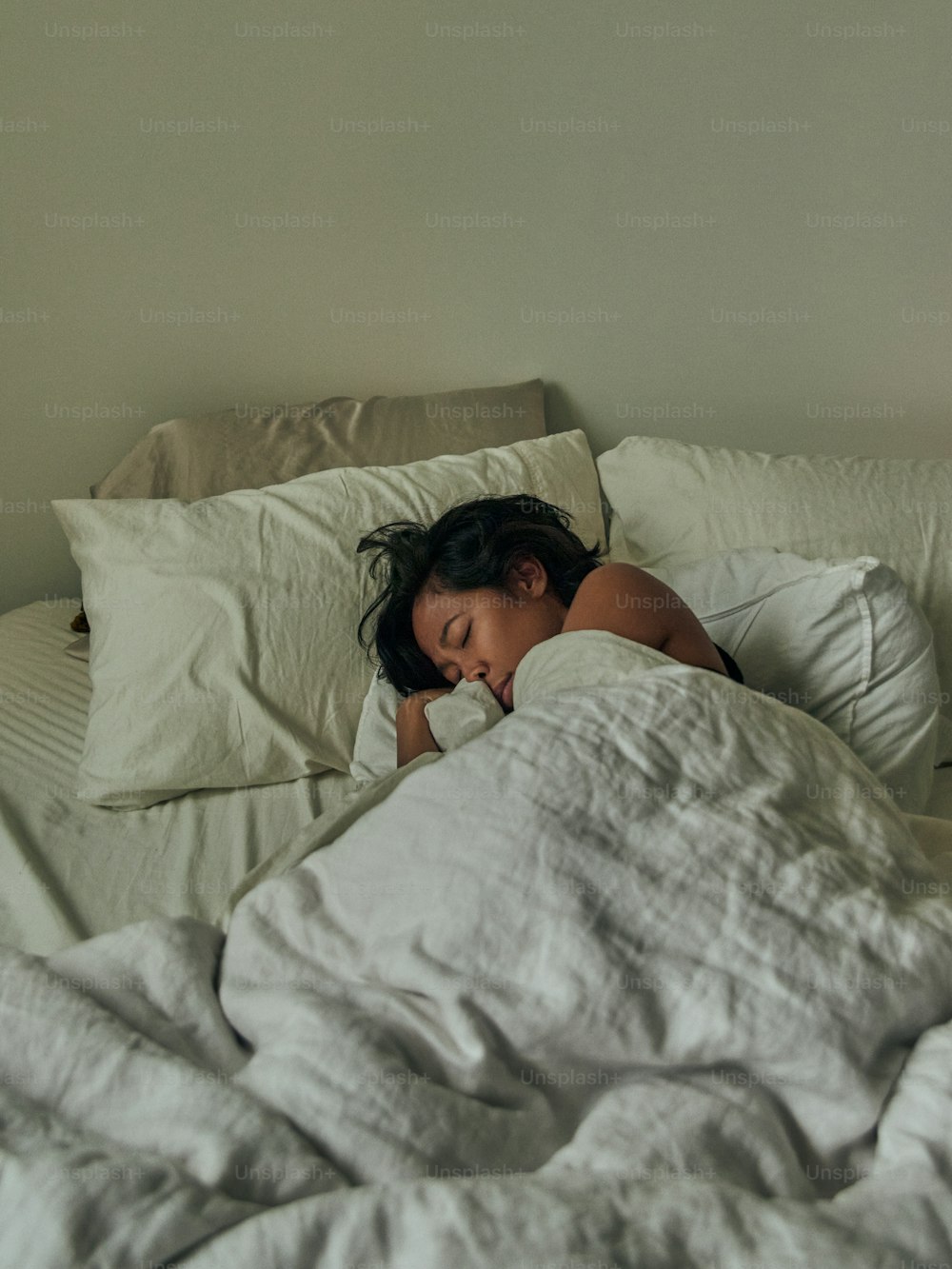
## Introduction
Sleep-related trends have taken the internet by storm, with various practices gaining viral status on platforms like TikTok. One such trend that has endured for over a year is mouth taping. Many people believe that this practice can improve the quality of sleep, cognition, focus, and cardiovascular health. But, is mouth taping really effective? And more importantly, is it safe? In this article, we will delve into the world of mouth taping, exploring its potential benefits, downsides, and alternative methods to address sleep issues.
The Concept of Mouth Taping
The idea behind mouth taping is quite simple. By using porous surgical tape, individuals tape their mouths shut during sleep, forcing nasal breathing. Proponents of mouth taping argue that breathing through the nose can lead to better sleep quality, improved cognitive function, enhanced cardiovascular health, and a reduction in snoring. However, it is important to note that the concept of mouth taping as a wellness trend emerged through viral TikTok videos, lacking evidence and medical recommendation.
The Benefits of Nasal Breathing
Nasal breathing is generally considered more beneficial than mouth breathing. When you breathe through your nose, the air is filtered, warmed, and humidified, reducing irritation as it travels through the airways and into the lungs. Dr. Angela Holliday-Bell, a pediatrician and certified clinical sleep health specialist, explains that nasal breathing aids in the elasticity of the lungs and leads to better oxygen absorption in the blood, ultimately improving sleep quality. Additionally, James Nestor’s book “Breath: The New Science of a Lost Art” highlights the benefits of nasal breathing in terms of daytime focus, athletic performance, stress regulation, and facial structure.
The Effectiveness of Mouth Taping
While nasal breathing is generally recommended, the case for mouth taping as an effective way to force nasal breathing lacks substantial support. According to Holliday-Bell, there is limited research on the use of mouth taping, and more studies are needed to determine its efficacy. It is essential to approach mouth taping with caution, especially for individuals who require mouth breathing during sleep due to nasal obstruction or other reasons.
Safety Concerns about Mouth Taping
Mouth taping poses potential safety risks that should not be overlooked. Holliday-Bell warns that individuals who need to breathe through their mouths while sleeping may experience difficulty breathing if they engage in mouth taping. Moreover, mouth taping can lead to aspiration, a condition where stomach contents enter the lungs due to reflux or vomiting. Additionally, some people may experience skin irritation from the tape. Therefore, it is crucial to consult with a healthcare provider before considering mouth taping, especially for individuals with conditions like sleep apnea, which may be undiagnosed.
Proper Tape Selection and Application
To minimize the risks associated with mouth taping, it is important to select the appropriate tape and apply it correctly. Taylor Fazio, a wellness adviser, recommends using specific medical tape that is breathable, hypoallergenic, and easy to remove. Using tapes not intended for the body, such as duct tape or masking tape, should be avoided. Medical tape is designed to be easily removable with saliva and tongue pressure when needed, reducing the risk of skin irritation.
Alternative Methods for Sleep Issues
If you are concerned about snoring or have other sleep-related issues, there are alternative methods that have a stronger scientific basis. For instance, if snoring is a significant concern, it is crucial to consult with a doctor to determine if sleep apnea is the underlying cause. Sleep apnea is a serious health condition that often remains undiagnosed. Side sleeping or sleeping in a slightly elevated position may reduce mouth breathing and snoring. Pillow placement and special devices can help adjust your sleeping position to promote better breathing.
Other Remedies for Better Sleep
Improving sleep hygiene is essential for achieving better sleep. Applying nasal strips can help improve airflow, while relaxation techniques may aid in reducing stress and promoting better sleep. Individuals with asthma or allergies should consider getting tested and treated appropriately. Additionally, maintaining good oral hygiene and overall health can contribute to better sleep quality. It is important to explore these alternative remedies and consult with healthcare professionals for personalized advice.
The Role of Partners in Sleep Quality
Sleep quality can also be influenced by the actions of partners. For individuals with snoring partners, using earplugs, noise machines, or going to bed before the snorer can help minimize the impact of snoring on their own sleep. Open communication and understanding between partners can go a long way in addressing sleep-related issues and finding solutions that work for both individuals.
The Importance of Evidence-Based Strategies
It is crucial to prioritize evidence-based strategies when it comes to sleep-related issues. While mouth taping may have gained popularity through social media, it is important to note that it lacks sufficient scientific evidence and medical endorsement. Consulting with healthcare professionals and relying on proven methods can help individuals achieve better sleep without unnecessary risks.




